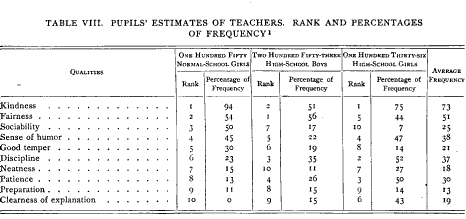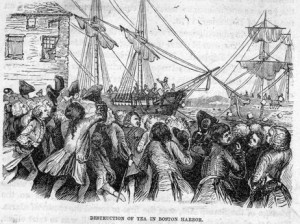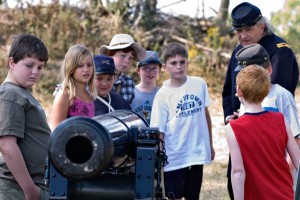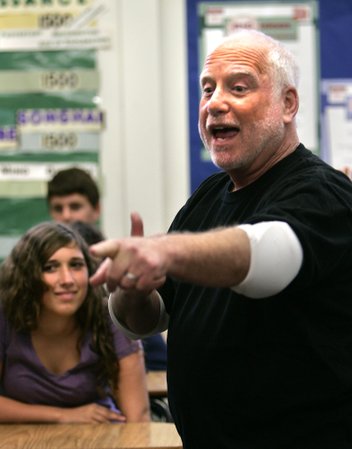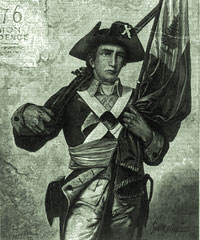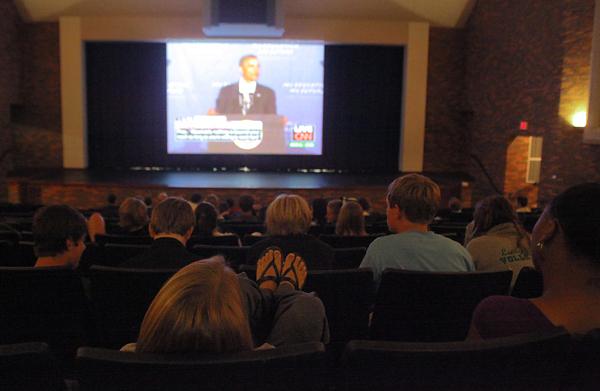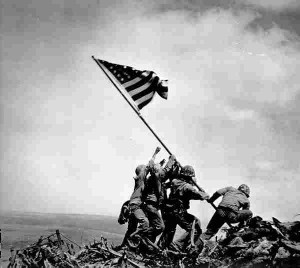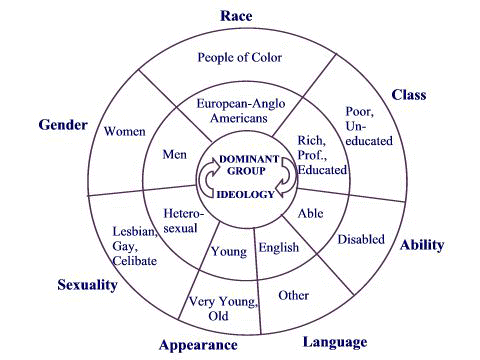
State University of New York at Oswego is but one of countless teacher universities that train their instructors to teach about “Circles of Oppression.” For this university, it wants its teachers to recognize that we live in nothing more than a world of injustice. From their syllabus:
The first concept is: There is injustice in our world. Some groups of people are consistently privileged; while others are consistently disadvantaged. The privileging and disadvantaging becomes unjust when it is unearned or undeserved. Often such injustice is perpetuated around race, class, gender, ability, or sexuality groups that people are identified with. However, the faces of oppression often differ across time, place, and situation. Understanding how privilege operates, how disadvantage (or marginalization) occurs, how advantage or disadvantage is cyclical in nature, and how people tend to deny that such injustice is occurring is half of the work we do in C&I to help our students understand teaching for social justice.
We’re all for equality and justice. But when you walk the line of social justice you are walking on a slippery slope as it becomes a judgment call. We’re not talking about racism or hate, that is obvious. If we read the literature of this university and many others, it is about something else.
Oswego wants its teacher candidates — who every year become educators in our children’s classrooms — to be “Change Agents” for social justice.
Teachers, according to Oswego, are to ” interrupt the cycles of oppression.” They are the self-proclaimed judge and jurors of education. Continuing:
Helping pre-teachers learn how to interrupt (or challenge) oppression means learning about (or inventing) strategies to counter oppression (of race, class, gender, (dis)ability, sexuality, and others) across the grade levels and content areas in which our teachers work. Teachers can work as change agents through the content or topics they address as well as through particular pedagogical practices that tend to undermine patterns of oppression.
This institution does not want to produce educators who are going to foster critical thinking and present a classroom of open-minded education. Again
What does it mean to teach for social justice? It means recognizing oppression in its multiple forms, and then taking action in the classroom to interrupt the cycles of oppression. When teachers teach for social justice they are working to end the cycle of oppression.
Taking action in the classroom to teach what? How do you teach social justice without making judgment calls and how do you possibly do that without injecting your own biased viewpoints?
I think those of you who understand what this is really about are probably as appalled as I am. This institution is but one of many that is training the teachers of tomorrow to separate, judge, and teach division.
Look at the graph at the top, it is from this school’s website. It is a convoluted road map to teaching students to see themselves as victims. To teach, in a way, hate and division. There is no such thing as social justice they have been trying to figure this out for over a hundred years. We can focus on justice in the eyes of the law, and that has been addressed from universal suffrage to discrimination. How do you teach that graph? It is not about justice.
More to come…
